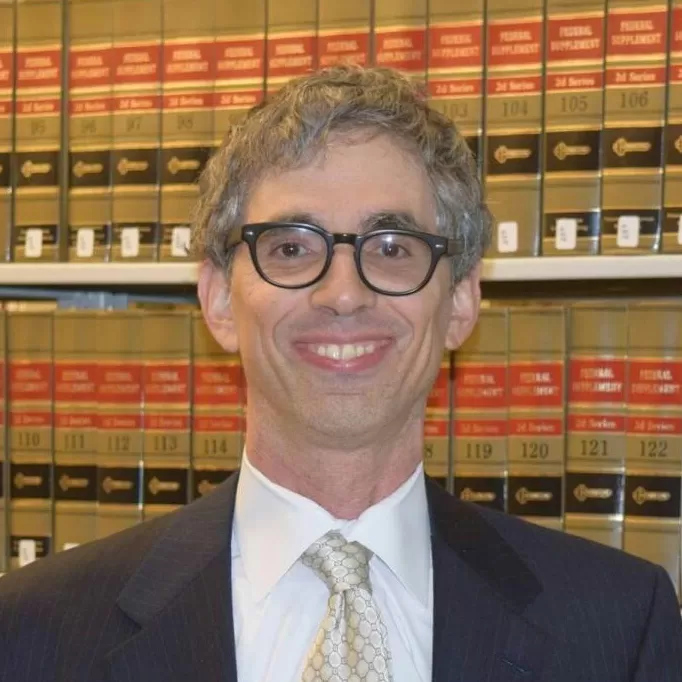Michael Lewyn is a professor at Touro University, Jacob D. Fuchsberg Law Center, in Long Island. His scholarship can be found at http://works.bepress.com/lewyn.
How to drive traffic away
<p> A few days ago, I was trying to take a streetcar in Toronto- and the streetcar was just as congested as any suburban arterial. The lines in front of streetcars were so long that I couldn't get into the first streetcar. Or the second. Or the third. Instead, I had to wait a few minutes (horrors!) for the fourth streetcar. </p> <p> I asked myself: what if streetcars only ran every hour, instead of every few minutes? Would the streetcars be equally crowded? Of course not. People would abandon the streetcars and start to use cars (if they owned them) and buy them (if they did not yet own them). </p>
The Genesis of Stalemate
<p class="MsoNormal"> <span>Some of my acquaintances believe that climate change may end human life (or at least civilization) and that the only way to save humanity is to massively reduce economic growth and consumption.<span> </span>Other acquaintances believe that climate change is, if not an outright hoax, a minor problem- and that even the slightest attempt to regulate emission-creating industries will itself destroy American civilization.<span> </span></span> </p> <p class="MsoNormal"> <span> </span> </p>
A Middle Ground In The Bag Wars
<p> <span><span style="font-size: x-small">The San Jose City Council is considering a proposal to ban plastic bags and most paper bags in supermarkets, out of concerns about the greenhouse gases used to manufacture them and about the waste from discarded bags. But this policy might create as many environmental problems as it solves. <br /> <br /> In a city without disposable bags, shoppers who seek to buy large amounts of groceries will have to drag around an army of nondisposable containers. For drivers, this is not a big deal. Susie SUV can always find space for dozens of nondisposable bags in her truck. And because Susie’s bags can stay in her truck forever, she will always be able to make impulse purchases without difficulty. <br />
Stress and the city, part 2
<p class="EC_MsoNormal"> Not long ago, I posted on what makes some cities more stressful than others.<span> </span>(See <a href="/40441" target="_blank">http://www.planetizen.com/node/40441</a> ).<span> </span>In that post, I remarked that the ideal objective indicia of stress (resident surveys on crime, illness, etc.) often do not exist for most cities. </p>
What Makes A City Stressful?
<div class="content"> <p> Forbes just came up with another of its “Most X City” surveys. This week, it listed the most stressful cities (<a href="http://www.forbes.com/2009/08/20/stress-unemployment-homes-lifestyle-real-estate-home-values-stressful-cities_slide.html?partner=msnhealth" title="http://www.forbes.com/2009/08/20/stress-unemployment-homes-lifestyle-real-estate-home-values-stressful-cities_slide.html?partner=msnhealth">http://www.forbes.com/2009/08/20/stress-unemployment-homes-lifestyle-rea...</a> ). Nearly all of Forbes’ criteria, however, are silly in one respect or another. </p>

























